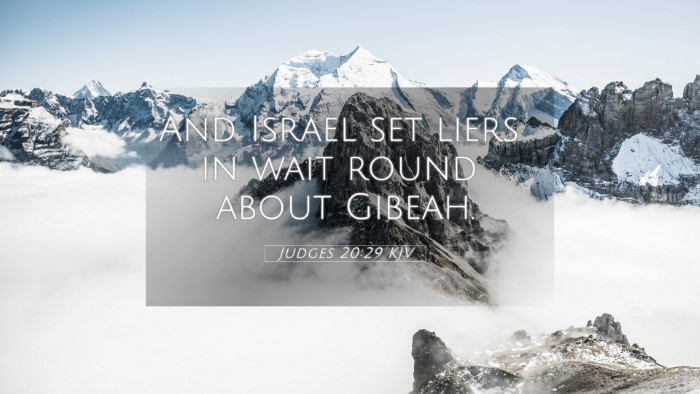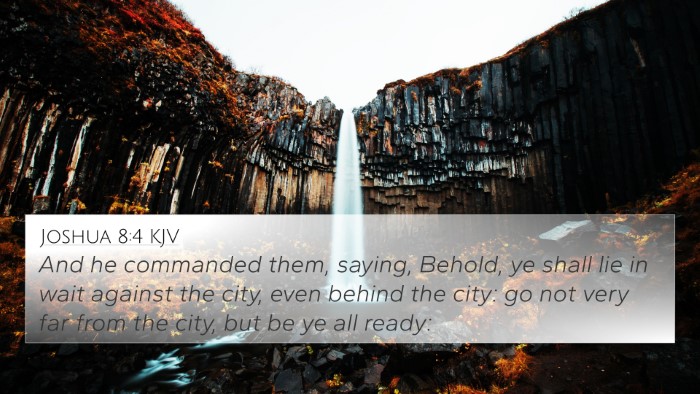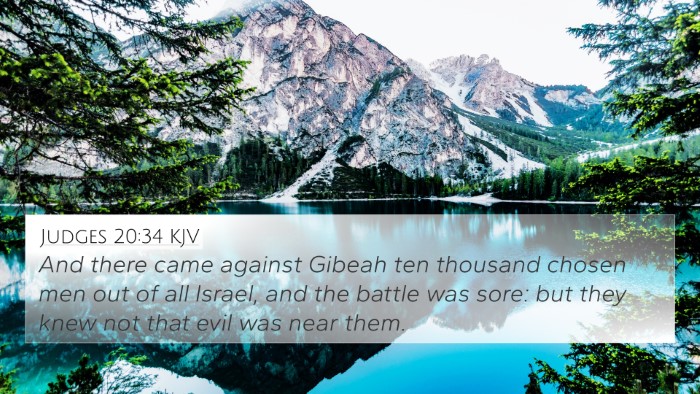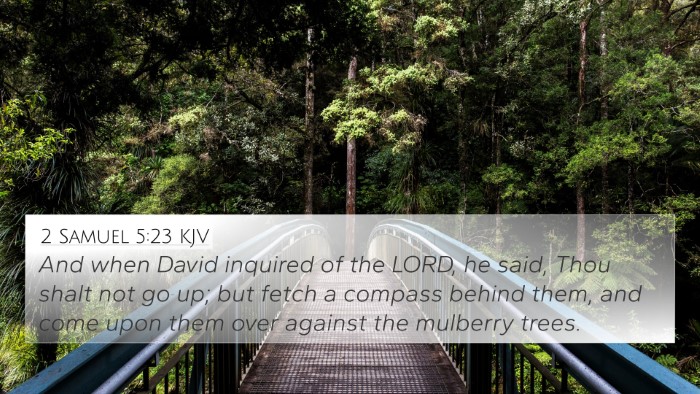Old Testament
Genesis Exodus Leviticus Numbers Deuteronomy Joshua Judges Ruth 1 Samuel 2 Samuel 1 Kings 2 Kings 1 Chronicles 2 Chronicles Ezra Nehemiah Esther Job Psalms Proverbs Ecclesiastes Song of Solomon Isaiah Jeremiah Lamentations Ezekiel Daniel Hosea Joel Amos Obadiah Jonah Micah Nahum Habakkuk Zephaniah Haggai Zechariah MalachiVerse
Judges 20:1 Judges 20:2 Judges 20:3 Judges 20:4 Judges 20:5 Judges 20:6 Judges 20:7 Judges 20:8 Judges 20:9 Judges 20:10 Judges 20:11 Judges 20:12 Judges 20:13 Judges 20:14 Judges 20:15 Judges 20:16 Judges 20:17 Judges 20:18 Judges 20:19 Judges 20:20 Judges 20:21 Judges 20:22 Judges 20:23 Judges 20:24 Judges 20:25 Judges 20:26 Judges 20:27 Judges 20:28 Judges 20:29 Judges 20:30 Judges 20:31 Judges 20:32 Judges 20:33 Judges 20:34 Judges 20:35 Judges 20:36 Judges 20:37 Judges 20:38 Judges 20:39 Judges 20:40 Judges 20:41 Judges 20:42 Judges 20:43 Judges 20:44 Judges 20:45 Judges 20:46 Judges 20:47 Judges 20:48




